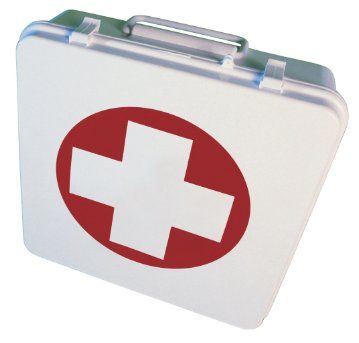Improving care in disorders sex development (DSD)
Disorders of sex development (DSD) represent a group of rare diseases that stem from atypical genetic conditions. Such patients often have impaired health-related quality of life (HRQoL) and psychosocial adaption.
People affected by DSD often experience health problems and impaired psychosocial adaption. DSD are rare diseases where conventional clinical management is inadequate and such patients may require multidisciplinary care including hormonal therapy, surgery and psychological support.
Currently, no evidence-based clinical guidelines exist for care of DSD. The EU-funded project DSD-LIFE is working on improving the clinical care of patients with DSD through a multiple-site multidisciplinary clinical study.
Project members already obtained ethical approvals, finalised the study protocol, and programmed the protocol as well as database in six European languages. Patient support groups for DSD such as Turner and Klinefelter syndromes were also consulted for the study protocol. This protocol accounts for medical issues; psychology, HRQoL and psychosexuality; surgery, including gynaecology/urology; and ethical issues.
The project has established standard operating procedures, completed personnel training and begun patient recruitment.
Besides the project website, project activities have been disseminated via a flyer in six languages, a press release and presentations to relevant patient support groups. Availability of more information in this arena should help reduce the social stigma associated with DSD.
Study outcomes should help in developing evidence-based guidelines for clinical management of DSD patients in Europe using a holistic approach for these rare conditions. This should lead to better care of DSD patients, improve our knowledge about these conditions, reduce the associated social stigma and improve psychosocial adaptation.
published: 2015-04-14
